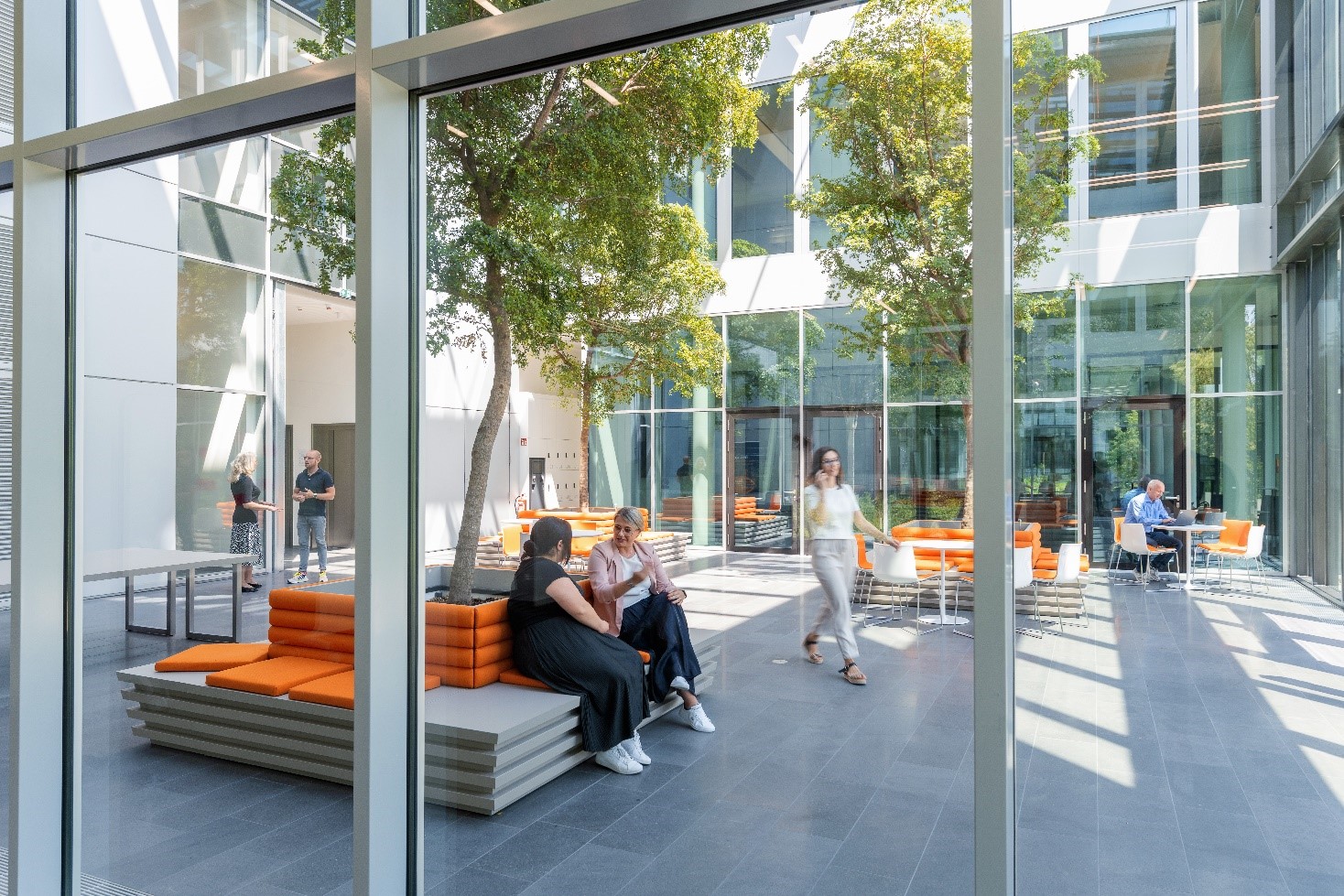
Interview: Radu Roxana, HR Manager of DKV Mobility – Embedding ED&I into Business Strategy
DKV Mobility Romania’s HR Manager, Roxana Radu, discusses how the company translates its core values—sustainability, fairness, and respect—into everyday practices, and why partnering with the Romanian Diversity Chamber of Commerce is a strategic choice, not a slogan. She shares the realities of Romania’s ED&I landscape, practical leadership initiatives (from inclusive language to targeted training), and the shift to flexible work that broadened talent access and well-being support. Crucially, Radu explains how ED&I is tied to clear KPIs and leadership accountability, ensuring it’s more than a “tick-the-box” exercise and directly linked to innovation, performance, and customer satisfaction. The conversation closes with DKV Mobility’s vision: a Romanian business environment where everyone is valued and empowered—and where local inclusion strengthens global impact.
- How did you first hear about the Romanian Diversity Chamber of Commerce, and what motivated DKV Mobility to engage with this initiative?
We first heard about the Romanian Diversity Chamber of Commerce through our local HR and CSR networks, which actively promote inclusive business practices. DKV Mobility decided to engage with this initiative because it aligns with our core values of sustainability, fairness, and respect. We believe that diversity is not just a social responsibility, but a strategic advantage, and partnering with RDCC allows us to contribute to shaping a more inclusive business environment in Romania.
- Given DKV Mobility’s strong presence in Europe as a mobility service provider, what do you see as some of the biggest challenges Romania faces in terms of diversity and inclusion, and how do you think these challenges can be addressed?
One of the key challenges in Romania is the limited representation and inclusion of minority groups in corporate environments. Additionally, unconscious bias and traditional workplace norms can hinder progress. Addressing these challenges requires a combination of education, leadership commitment, and policy change. Companies must invest in awareness programs, inclusive recruitment practices, and create safe spaces for dialogue and feedback.
- For a company like DKV Mobility, operating across multiple countries with a large and diverse workforce, what are the key benefits of embedding diversity and inclusion into your global strategy?
At DKV Mobility, we set ambitious diversity targets. We strongly believe that a diverse workforce enhances innovation, employee engagement, and customer satisfaction. By bringing together varied perspectives, we are better equipped to understand and serve our international clients. It also strengthens our employer brand, helping us attract top talent across markets. That said, we are committed to further developing and expanding our D&I efforts to build an even more resilient and future-ready organization.
- What advice would you share with leaders in Romania and beyond who want to build a more inclusive workplace culture within their organizations?
Start with listening. Understand the unique needs and experiences of your employees. Then, commit to long-term change by integrating inclusion into your leadership behaviors, policies, and business goals. Inclusion is not a one-time project, it’s a continuous journey. Also, lead by example: inclusive leadership starts at the top.
- From your experience at DKV Mobility, could you share some practical initiatives or examples that help leaders foster inclusion within their teams?
At DKV Mobility, we’ve implemented inclusive leadership training. We also celebrate cultural diversity through internal campaigns and events, and we’ve embedded inclusive language and practices into our communication guidelines. These initiatives help leaders build trust and foster belonging within their teams.
- How can companies like DKV Mobility ensure that equity, diversity, and inclusion go beyond a compliance or “tick-the-box” exercise, and instead become part of the business DNA?
It starts with aligning ED&I with the company’s values. At DKV Mobility, we integrate ED&I into our strategic objectives and measure progress through KPIs. We also ensure that our leadership is accountable and that employees at all levels are engaged in the process. When ED&I is linked to business outcomes, like innovation, performance, and customer satisfaction, it becomes a natural part of how we operate.
- Looking back, did the pandemic create opportunities for DKV Mobility to implement inclusive workplace practices that may not have been possible before?
Absolutely. The pandemic accelerated our adoption of flexible work models, which opened doors for more inclusive practices. Remote work allowed us to tap into talent pools that were previously inaccessible and helped employees balance personal and professional responsibilities more effectively. It also prompted us to rethink accessibility and mental health support, making inclusion a more holistic concept.
- In your view, which areas of ED&I in Romania have seen the most progress in recent years, and where is there still significant work to be done?
Romania has made progress in gender equality, especially in corporate leadership and entrepreneurship. There’s also growing awareness around LGBTQ+ inclusion and disability rights. However, there’s still significant work to be done in rural inclusion, ethnic minority representation, and creating inclusive environments for neurodiverse individuals. Continued education and collaboration between public and private sectors are key.
- Finally, could you share your vision for ED&I in Romania from DKV Mobility’s perspective, and how this vision connects to your wider global commitments?
Our vision is to help build a Romanian business landscape where every individual feels valued, respected, and empowered to contribute. This vision is deeply connected to our global commitment to sustainability, fairness, and innovation. By fostering inclusion locally, we strengthen our global impact.
